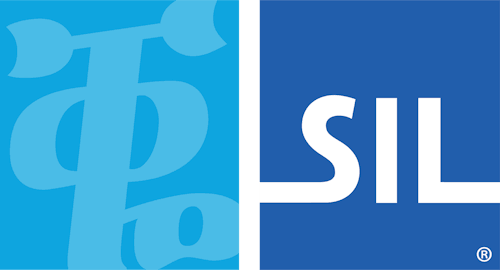Step 2: Editing .htm files for the package
When Keyman Developer created your lexical model project, it will have created some of these files to go in the package. You will still need to edit some of these templated files for the package.
- readme.htm
A short description of the package, its use restrictions, and what it includes. Try to keep the readme under 10 lines long. The readme should be an html file for optimal formatting.
The intention of readme.htm is to describe why a user would want to install the lexical model.
Create the HTML file in any HTML editor.
Tip
If using Microsoft Word, choose HTML (clean) when saving to create a smaller file.
Note, if your HTML editor puts images into a subfolder, you will need to edit the HTML source so that all files are in the same folder -- the package builder will not maintain subfolders. You can easily edit the HTML source in Keyman Developer.
Also, if your welcome or readme files use embedded external images, stylesheets, javascript or other files, you will need to add these files to your package as well.
- welcome.htm
When including an introductory help file in your package, you must keep the name of the file "welcome.htm". This file will be displayed before the lexical model is installed. Make sure that you design your HTML file so that it can be viewed on a mobile device - avoid extra wide tables or wide fixed width elements.
After package installation, the welcome.htm will also be accessible from the lexical model info pages.
The intention of welcome.htm is to provide instructions on getting started with your lexical model.
Tip
Useful information to include in welcome.htm is:
- names of languages associated with the lexical model.
- name of the lexical model in the package.
- links to additional help on your website or more extensive documentation files in the package.
- a link to an official distribution site for your package (even if it is the Keyman website) - so that users know where to find the latest version of your package.
Tip
If you want links to your website to open in the user's preferred browser, preface the href link with
link:, e.g.<a href="link:http://keyman.com/">website</a>
Thelink:sceheme will open the referred file in the default application - that is, a web browser for URLs and links, Notepad for .txt files, Adobe Reader for PDFs. You can uselink:to open any of the files in the package, e.g.link:docs.pdfwill open the file docs.pdf in Adobe Reader or the default PDF reader on the system.If you create documents in other formats, for example PDF or printable documentation, you should link to that in the welcome.htm.




